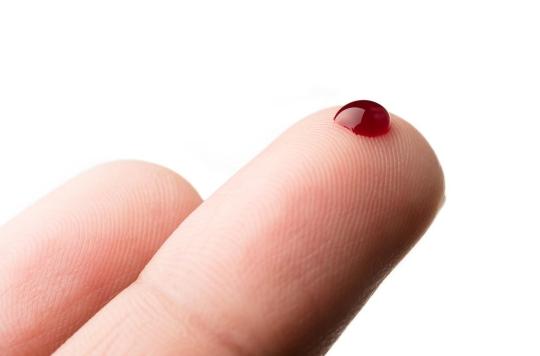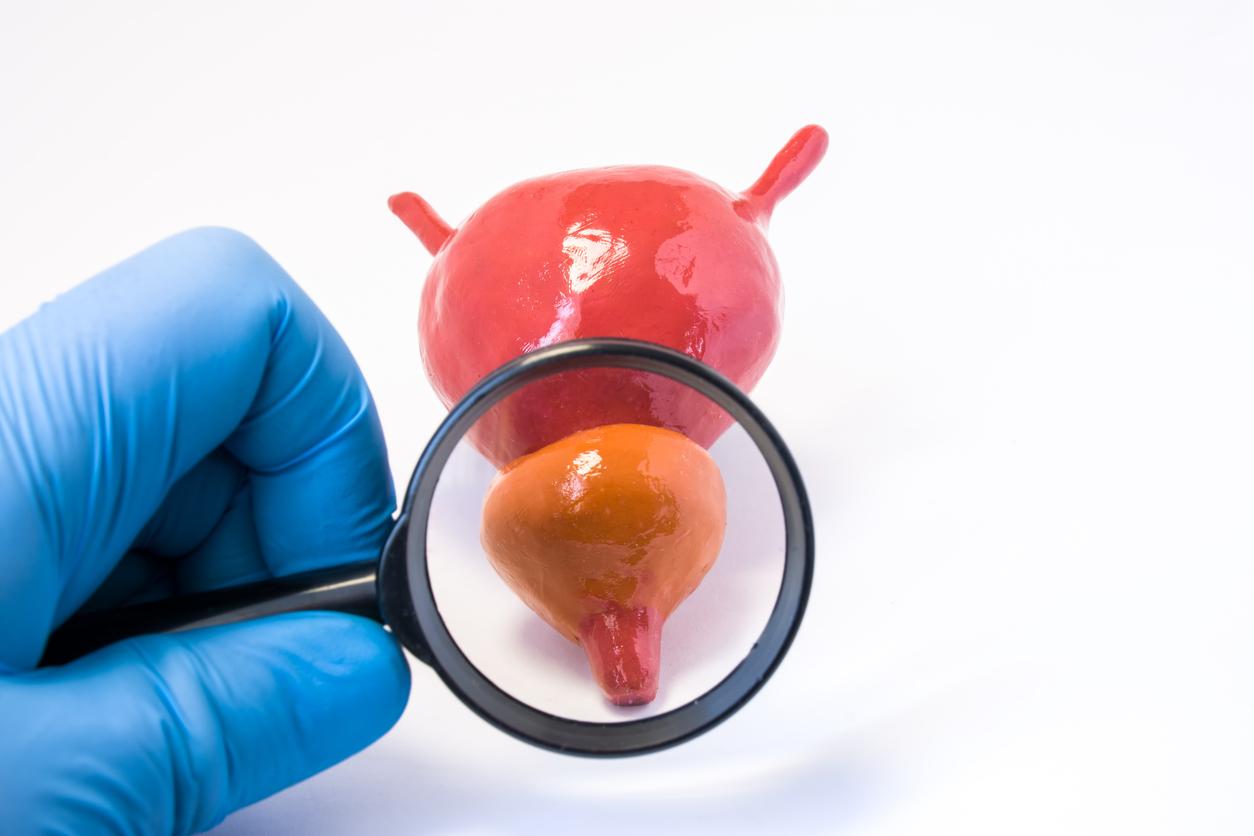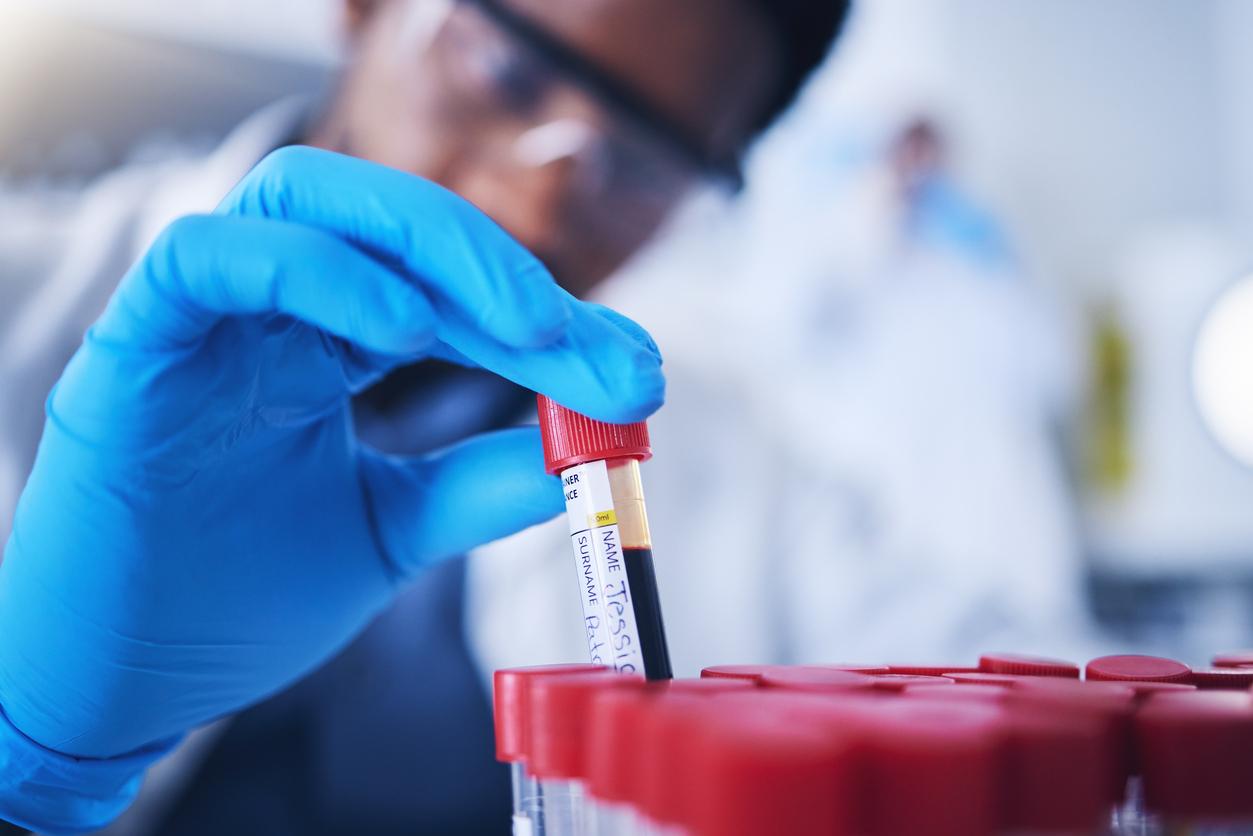A simple blood test in a pregnant woman could detect a possible congenital heart defect in the fetus, according to a new study.

- Nowadays, in developed countries, heart defects in newborns are no longer fatal to them: more than 90% of infants who suffer from them reach adulthood, according to the European Society of Cardiology.
- Smoking, alcohol consumption, environmental toxins, and vitamin deficiencies are all known contributors to the development of congenital heart defects. They cause chemical changes in DNA that can affect the function of genes essential to the development of the fetal heart.
“We know that when congenital heart defects are diagnosed early, ideally before birth, outcomes can improve significantly and mortality and morbidity [peuvent être] reduced”, said Dr. Ray Bahado-Singh, obstetrician and gynecologist. It is with this in mind that he and his team at Beaumont Hospital, Michigan in the United States, have developed a new blood test to detect dangerous heart disease from the fetal stage. Their work has been published in theAmerican Journal of Obstetrics and Gynecology.
Observing the genome to predict a heart defect
Currently, ultrasound of the fetal heart is the only screening tool available for the early detection of cardiac abnormalities. And in the United States, only half of them are identified before birth, can we read in a communicated de Beaumont, who recalls that congenital heart defects (holes in the heart, valvular anomalies, etc.) are one of the main causes of infant mortality.
The scientists’ discovery could therefore be a first step towards a small revolution in detection. Indeed, the analysis by artificial intelligence of the DNA extracted from the blood of the mothers who participated in the study “makes it possible to efficiently examine potentially billions of pieces of information in the genome. This includes the rapid identification of specific predictors of a possible heart defect.” explain Dr. Bahado-Singh, lead author of the research.
Detect the malformation early to act more effectively
The doctor hopes that in the long term, all pregnant women will be able to be screened thanks to a simple blood test, which does not require any prior appointment or interminable consultation. Those who test positive could then undergo a more detailed echocardiogram of the fetus, and if necessary undergo appropriate intervention.
Other prospective studies are necessary to validate the results, tempers the researcher. But he says this minimally invasive detection method is a first step in an effective postnatal action plan that puts at-risk infants on the right track to receiving the intensive care they need. The idea, always, is to better manage the pathology, that is to say earlier and more effectively.















